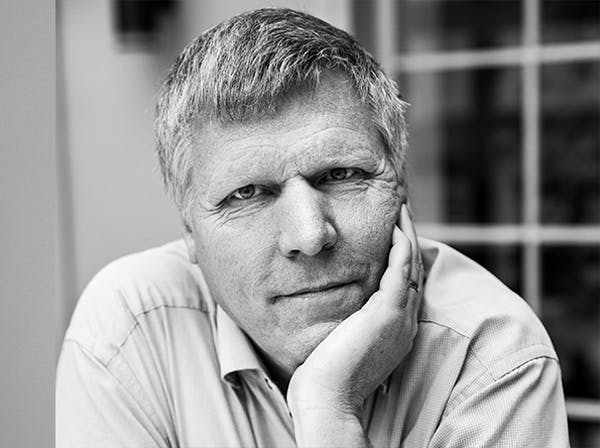”Energy companies that miss the digitalisation train will soon be driven out of the market”
2020-02-20
Three quick questions to Klas Liljegren, CEO of the energy trading company Modity, about energy markets under pressure to change.

Energy companies operate in a politically regulated market and are used to the fact that the rules can change. Why are they so worried now?
– They ought to be worried, but I don’t know whether they all are. The current transition is more radical and happening faster than ever before. The pressure is coming from several quarters; climate-driven regulation changes, decentralised production and digitalisation are driving a smarter and increasingly complicated market. The traditional energy companies have some hard homework to do, and those who miss the digitalisation train will be driven out of the market.
What will determine tomorrow’s energy market?
– Tough competition is expected from actors in other sectors who have large customer bases, strong customer relationships and modern IT systems. This means considerable price pressure and customers developing behaviours and expectations that the traditional energy companies don’t have the tools to deal with. The old baggage of ineffective processes and systems must be replaced. A modern way of talking to the customer and the right strategic collaborations need to be established.
Do traditional energy companies have a future?
– Definitely. The local energy company can be seen and act as a motor in a sustainable transition and build customer loyalty through a local and regional presence. However, there will be stiff competition from new actors, and the rules will favour the most agile. It is important to carefully decide who you want to be, what you want to do and make sure you do it well. Some will make the transition, while others will be out of the market in just a few years’ time.
Klas Liljegren was interviewed by Sara Bargi, senior consultant and associate partner at New Republic. ‘Three Quick Questions…’ is a series of interviews conducted by New Republic.